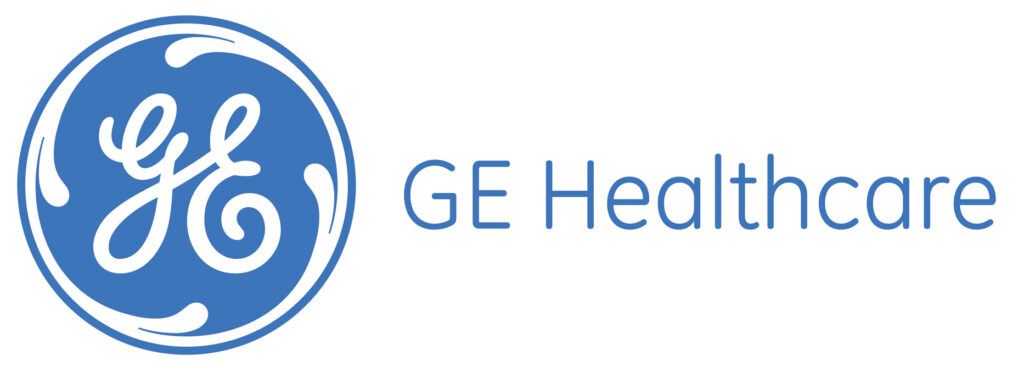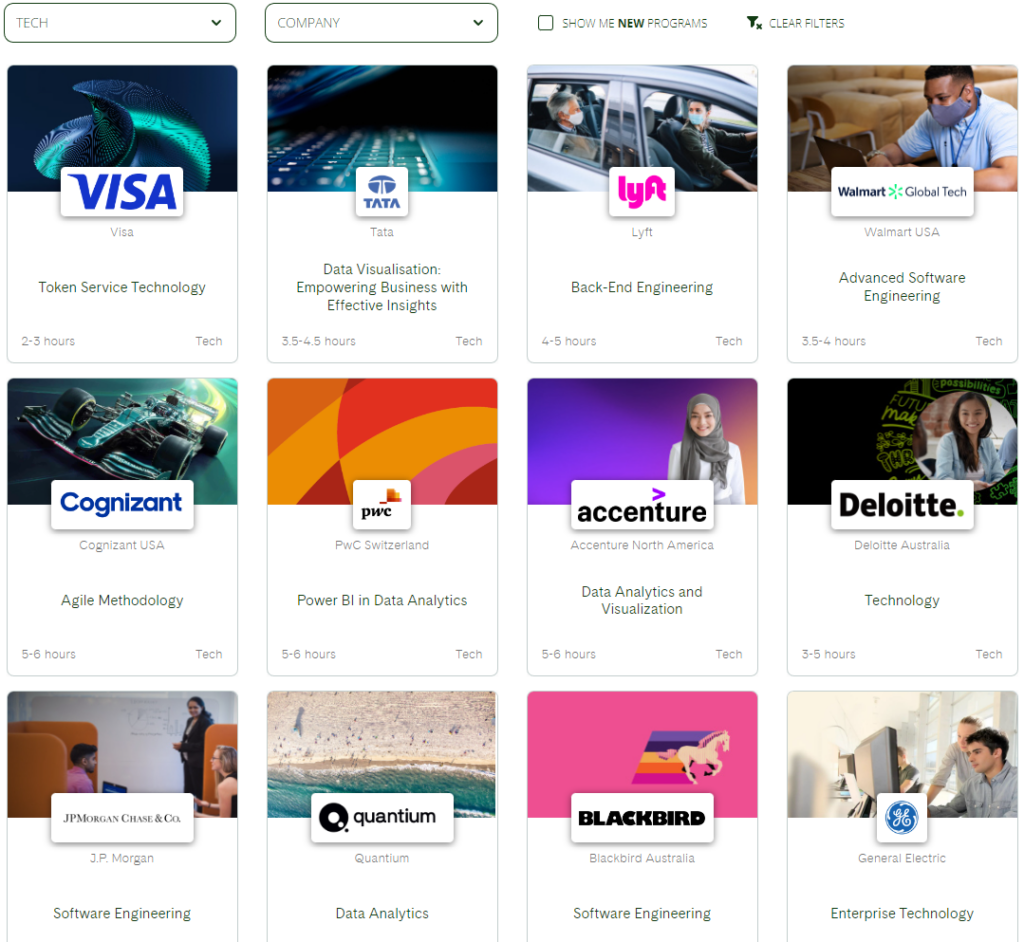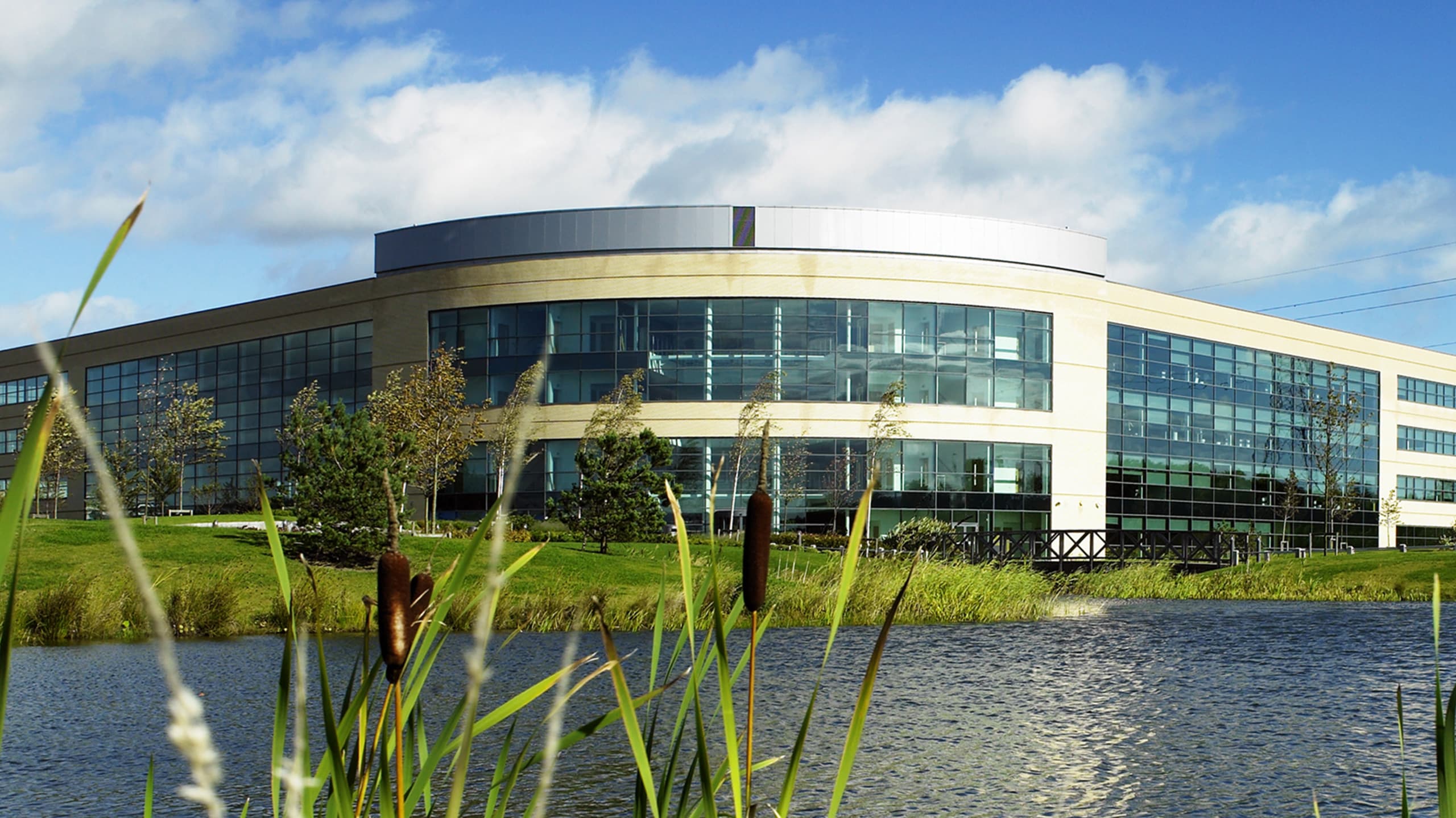We interviewed James Huish about their time on placement last year with General Electric Healthcare and the struggles with online application processes. Here is what they had to say:

Who did your industrial placement with?
General Electric Healthcare
As described on its website, General Electric Healthcare is a leading global medical technology, pharmaceutical diagnostics, and digital solutions innovator. They enable clinicians to make faster, more informed decisions through intelligent devices, data analytics, applications and services, supported by its Edison intelligence platform.
What was your role?
Software engineer in the Medical Imaging Team
Why did you do a placement?
I wanted experience working with programming in an actual job, both to learn and to help with getting a job after graduating
When did you start applying and how many places did you apply for?
I applied for 3 or 4 and had a few video interviews but got rejected, I had more or less given up but then a lecturer posted an advertisement on Canvas, and I applied through them.
How was the application experience?
The applications for most were frustrating with 1-way video interviews where I had to record myself and got no feedback. In the placement I got, I just had one video interview, but it was actually with the people working there, rather than the other 1-way recorded interviews.
What, if any, help did you get from the university when applying?
None, although the placement I got was advertised through a post on Canvas.

What work did you do over the course of your placement year?
It took a long time to get much work but when I did it was a variety of things, for example, porting an application from windows to Linux and adding features, helping to bug fix and improve an application in development, and managing a Blinded Image evaluation (not coding related).
How was the overall experience of doing a placement?
Good, there were times I did not have much to do and also, I was not in a software team. The people were great, and I had a great experience but would have learnt a lot more if I were in a team with more software engineers.
Would you like to go back to that company after your final year?
I would, depending on available roles and location.

:quality(90)/)





